| Revista Umělec 2002/3 >> Sylvie Vondřejcová | Lista de todas las ediciones | ||||||||||||
|
|||||||||||||
Sylvie VondřejcováRevista Umělec 2002/301.03.2002 Nuevas Caras | en cs |
|||||||||||||
|
"(b. 1976) has studied since 1997 at Marian Karel’s Glass in Architecture studio at the Academy of Arts, Architecture and Design in Prague. In 2002 she finished a semester in the Rhode Island School of Design in Providence, USA. Previously she also spent two semesters in Aleš Veselý’s Studio of Monumental Sculpture at the Fine Arts Academy in Prague.
Even though Sylvie Vondřejcová attends the studio Glass in Architecture, glass rarely makes an appearance in her work. She’s been leaning towards conceptual art since the beginning of her studies, where skillful technique with materials is not the ultimate goal, and sometimes entirely unnecessary. Her path was gradual and intuitive, but more than anything it was consistent. As if none other existed for her. From her abstract space installation in 1999 (Ring in Space, Object in Space) she moved on to working with more personal, specific types of spaces such as apartments (Windows, The Story of an Apartment) or modeling her native village from memory (Village) in 2000–2001. Soon after her interest inevitably shifted towards the human — the center point for any space. First she used her colleagues as the object of her work (Lottery) but soon discovered that she herself was the best model for her message. In 2002 she started working on the project Limitations, which she also plans to develop into her final school thesis. In this project she imposes various restrictions on herself, restrictions that put her to the test, as well as her surroundings, family and the public. However logical and straightforward Sylvie Vondřejcová’s way might seem, she admits that she goes through a period of doubt after she finishes each project. She is not sure whether conceptual art, which often relies on communication through images, is understandable for viewers if unaccompanied by explanatory texts. Despite this, or perhaps precisely for this reason, she wants to reach out to touch its borders. The project Lottery was to a great extent a “game” created for my colleagues at the RISD. I took pictures of them at unguarded moments, and then asked them to sign the figures as well as the pictures and write their date of birth on them. Later I asked them for a glass container they’d made and no longer needed. During one of our regular Wednesday classes I had them draw numbers written on coins of various denominations without explaining why. The entire project came together one morning when the students came to school to find their tombstones on a notice board in the hallway. The drawn numbers were the dates of their deaths; the paper figures had been burnt and the ashes deposited in the containers they had given me. Life is composed of a number of things we’re unable to influence. We don’t even fight most of them because they were given to us right from the start and we’ve actually gotten used to them. Gender, nationality, appearance and the time we are born into are the most dominant ones. Death is the last event in our lives which we are unable to influence. The final draw from the lottery of fate. "
01.03.2002
Artículos recomendados
|
|||||||||||||
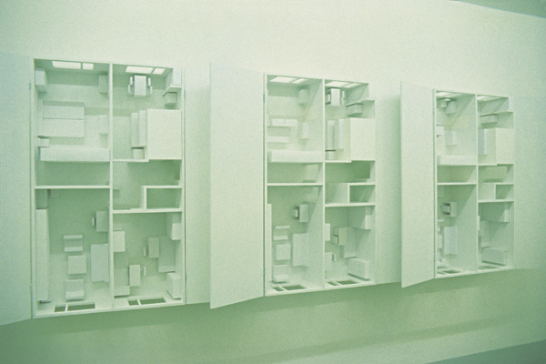
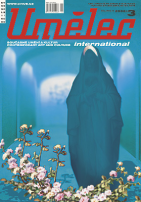








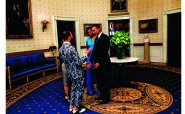
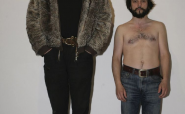

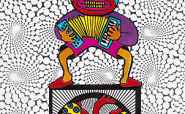
Comentarios
Actualmente no hay comentariosAgregar nuevo comentario